A turbulent school year
Where Covid-19 redefined education, it presented formidable challenges for school owners, teachers and students alike
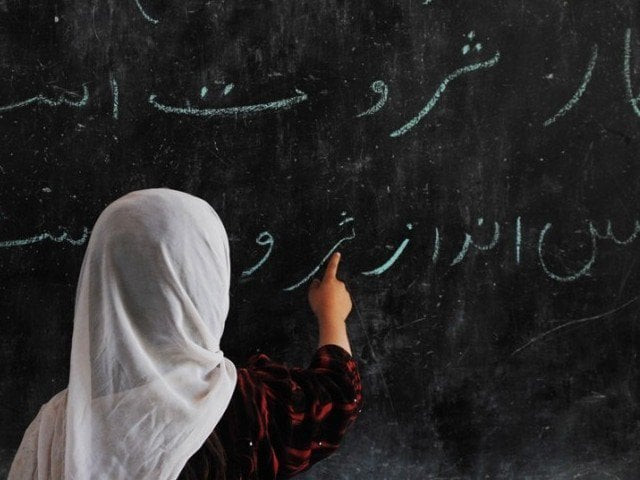
With school closures, delayed enrollments and looming uncertainty amid pandemic spread, the year 2020 was an uphill battle for the country’s private educational institutions and learners alike.
Various coronavirus-related restrictions and fee exemption policies, introduced during this period, led to the closure of over 10,000 private institutions. Owing to which, over 40,000 to 80,000 people employed as teachers and staff members were rendered jobless, around the country. Unsurprisingly, the year also saw a record increase in children out of school, making education further inaccessible for thousands children, many hailing from marginalised groups.
Although academic activities were able to resume for a few weeks between March and December by hook or crook, the term faltered amid growing turbulence and insufficient government policies. Resultantly, various school owners were seen taking to the streets to voice their demands to the government.
“This year has had a severe impact on the country’s education system. The prolonged closure of the educational institutions due to Covid-19 has brought many private schools on the verge of destruction. Whereas, the government's callous attitude and its negligence during this period has unmasked its priorities,” said All Pakistan Private Schools Management Association (APPSMA) President Abrar Ahmed Khan.
“Though the government earmarked billions of rupees in lieu of relief packages for several sectors, yet it did not allocate even a single penny for the educational sector. Most children had to be promoted without examinations,” he added.
According to the president, suspension of co-curricular and extracurricular activities in the wake of Covid-19, has had an adverse effect on children’s mental health. Whereas, the online learning system, he believes, has also remained inadequate in the provision of education. “It is difficult to compensate for the academic loss experienced this year, even in the course of the next 20 years.
The government’s attitude on the other hand, reflects that the situation for educational institutions is likely to stay the same in 2021 too,” the APPSMA president asserted. Among the number of schools closed as a result of Covid-19’s financial burden on educational institutions, one was a small-scale private institution in Rawalpindi, co-owned by Muzaffar Bhatti and Muhammad Naveed. “We had some 100 students from low-income communities enrolled at our schools.
Following the 50 per cent fee reduction and coronavirus closures, we could no longer afford to pay for building’s rent or utilities. We had to lay off a lot of our staff and teachers, but even so the school could not continue to operate for long. Crushed by finances, we eventually had to shut down our school,” Bhatti lamented.
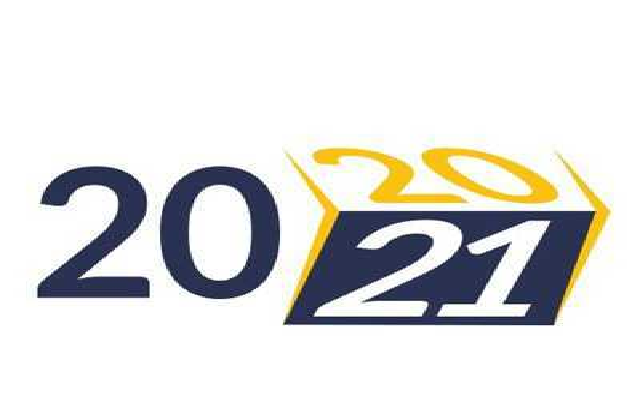
News of commencing the academic session in August has been doing rounds in academic circles around the country. Where the government, Khan tells, has failed to offer any relief to the education sector, it has at the same time ordered private educational institutions to provide a 20 per cent reduction in fee.
“Despite the reduction of school fee, many parents have still not paid the schools. Children have forgotten what schools look like. They tend to waste their day playing mobile games and stay up all night, losing all sense of routine and discipline while staying at home. Whereas, children from poorer families have been pushed into child labour, marking the end of educational journey for many,” remarked President Abrar Ahmed Khan.
In agreement with Khan, Muhammad Sohail, whose child attends a private school in Rawalpindi, said that coronavirusinduced school closures have diverted the children’s attention from studies. “In the absence of school, they have adopted various bad habits, which is quite distractive in the long run,” said the father. “Strict SOPs should be formulated so that children could mandatorily attend schools at least twice or thrice a week,” he appealed

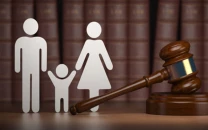
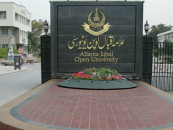


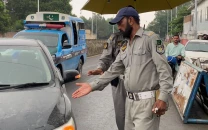
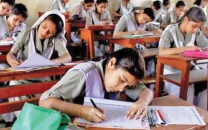












COMMENTS
Comments are moderated and generally will be posted if they are on-topic and not abusive.
For more information, please see our Comments FAQ